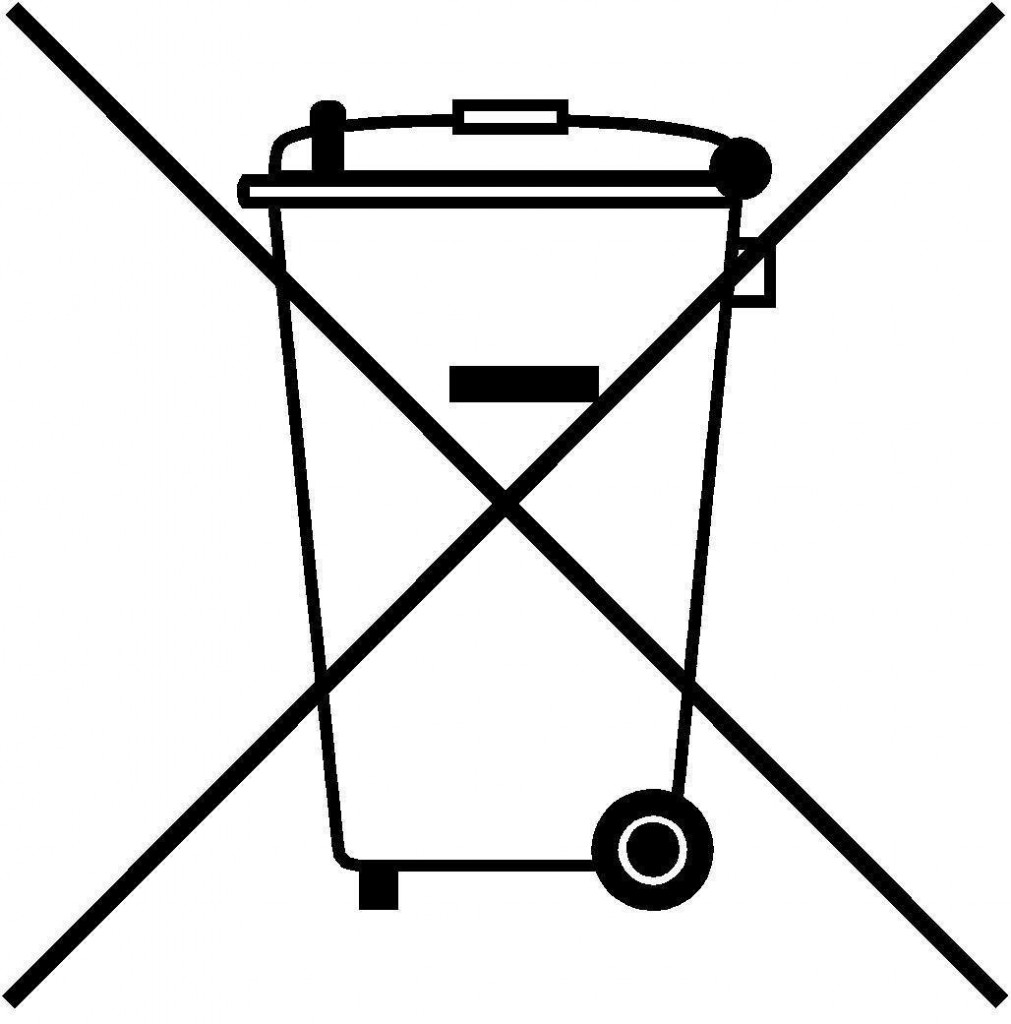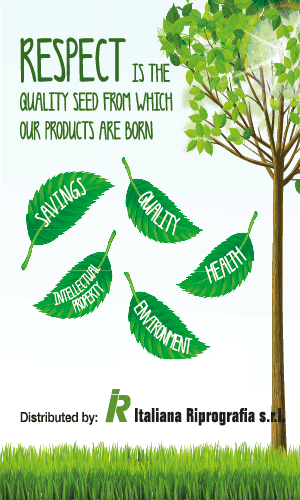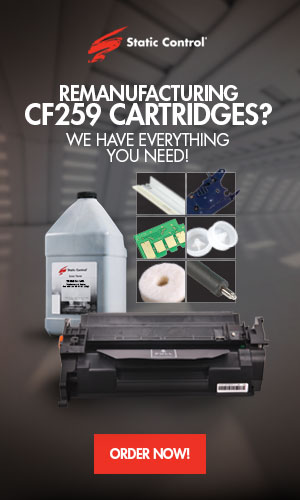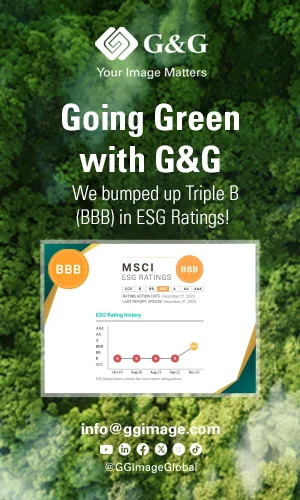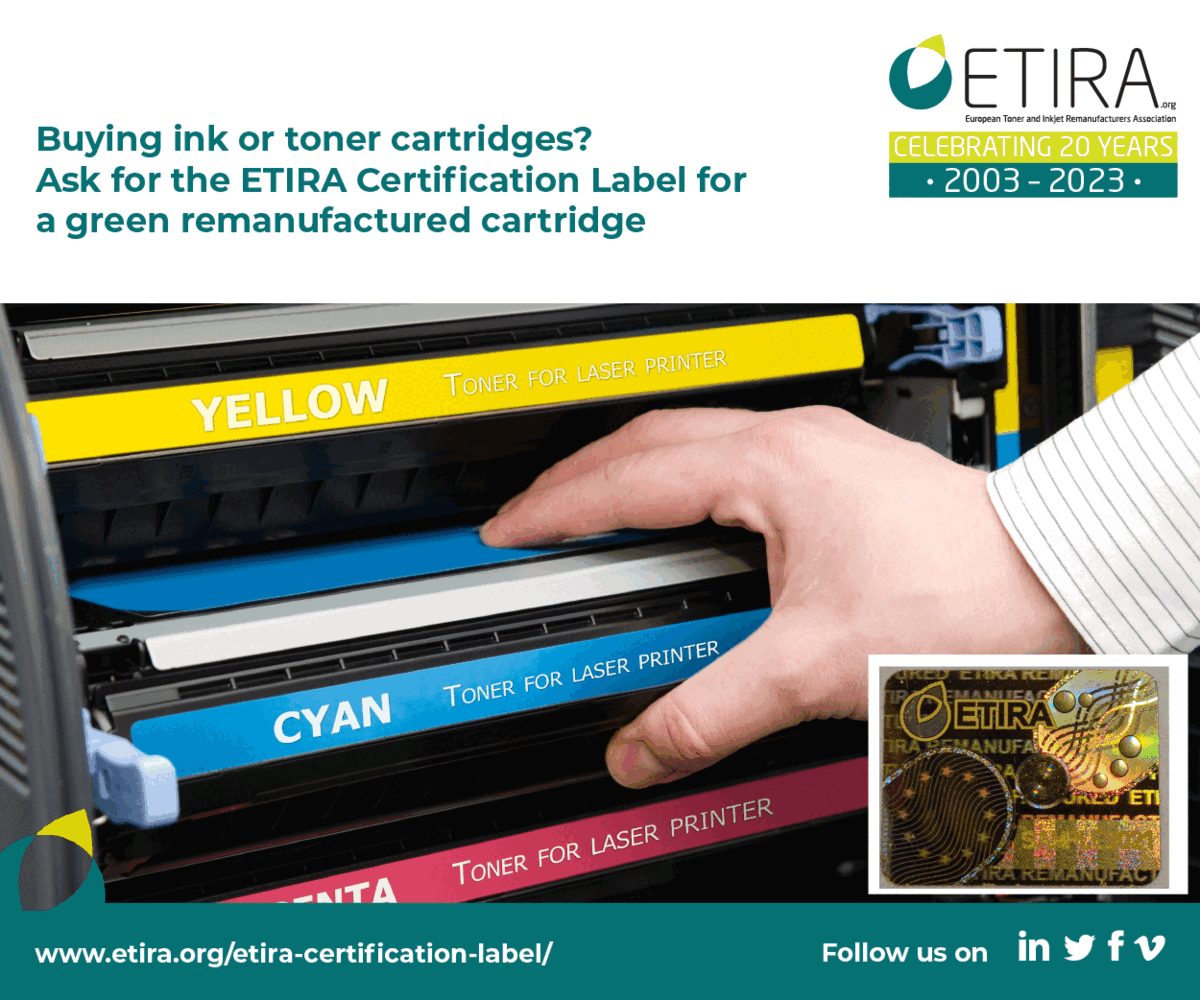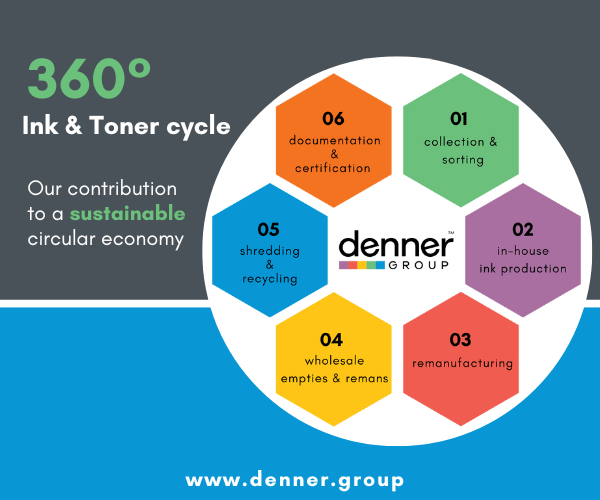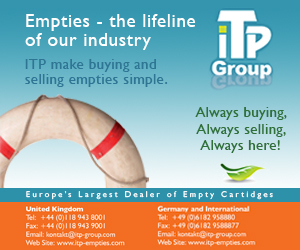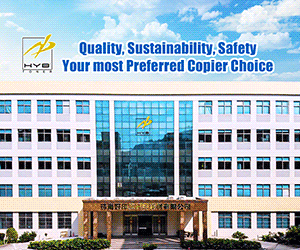WEEE compliance: who is repsonsible?
June 24, 2019
 In its latest blog post, WEEELogic explains what requirements distributors and retailers have to be WEEE compliant and how to find a way of becoming compliant.
In its latest blog post, WEEELogic explains what requirements distributors and retailers have to be WEEE compliant and how to find a way of becoming compliant.
The European WEEE Directive states that any producer placing EEE (Electrical and Electronic Equipment) on to the market of an EU Member States faces certain obligations regarding End of Life management – as well as obligations relating to batteries and packaging, too.
The exact nature of the obligations, and the accompanying targets, varies from Member State to Member State, and it is possible that a company may have obligations in several EU countries concurrently, depending on where it has established its activities (including headquarters and subsidiary companies).
In the company’s latest blog post it explained obligations for producers and retailers or distributors under the WEEE Directive.
It sets out that the EEE producers are “companies placing a device (Electrical and Electronic Equipment, EEE) on the national market for the first time are responsible for organising and managing WEEE compliance.”
The blog continues: “This includes registration with the authorities; contracting with a producer responsibility organisation (compliance, take back and recycling scheme) where necessary; reporting quantities and weights of WEEE placed on the market; financing the obligations; making information available for end users; reporting on take-back and recycling operations.”
According to the blog post by WEEELogic, “distributors and retailers often request that WEEE compliance be managed by their suppliers, i.e. OEMs, procurement companies, fulfilment companies, importers, etc.” For further details, read the post here.
The Waste Electrical and Electronic Equipment Directive, which was made an EU law in February 2003, was instituted to set collection, recycling and recovery targets for electrical goods, with the overall aim of recycling “at least 2% of electrical and electronics waste equipment by 2016”.
In April this year, the Basel Action Network (BAN) has published its new Responsible Guideline on Transboundary Movements of Used Electronic Equipment and Electronic Waste to Promote an Ethical Circular Economy under the Basel Convention further clarifying WEEE compliance issues.
Categories : Around the Industry
Tags : Compliance WEEE WEEELogic




